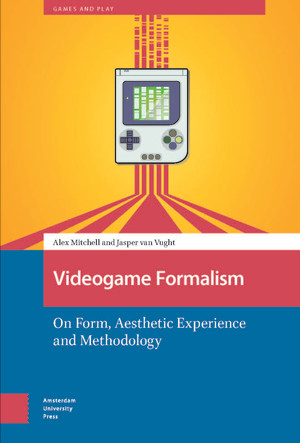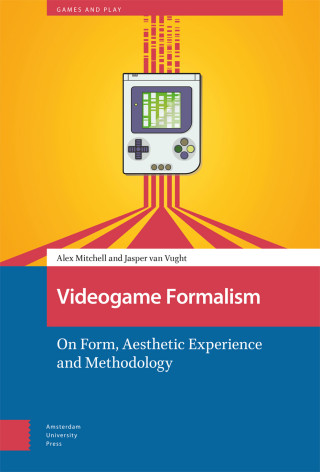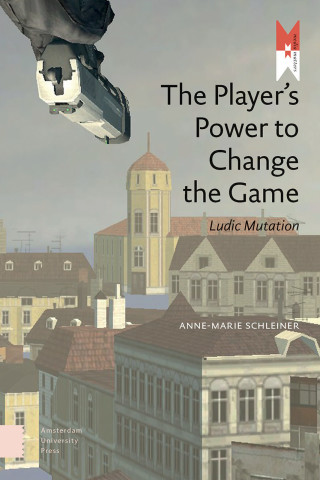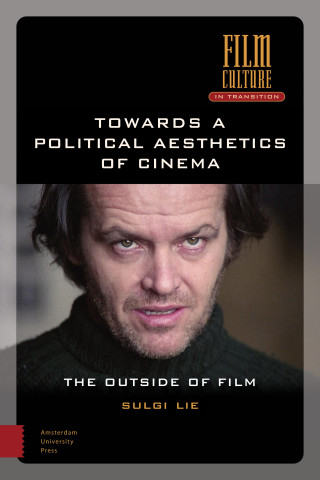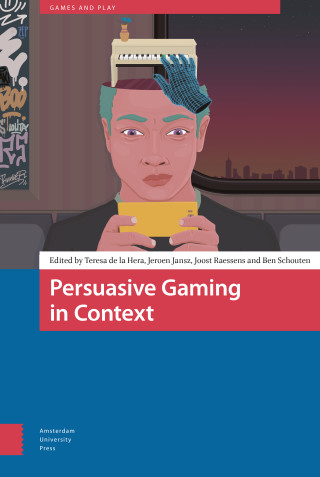Formalism is often used as an all-embracing term covering a range of ontological and methodological approaches in game studies, with little connection to the history or tradition of the approach in other fields. This dilutes the usefulness of the approach, and invites (often unfounded) criticism. Videogame Formalism addresses these issues through an exploration of the historical and theoretical roots of formalist approaches to videogame analysis, situating this approach within games studies, and arguing for its importance and applicability as a methodological toolkit and a theoretical framework for understanding the aesthetic experience of videogames. It presents an overview of how formalist approaches can provide insights into the ways games create aesthetic experiences through the use of poetic gameplay devices, and lays out a comprehensive yet flexible methodological framework for undertaking a formalist analysis of games. This approach is then demonstrated through a series of detailed examples and case studies.

